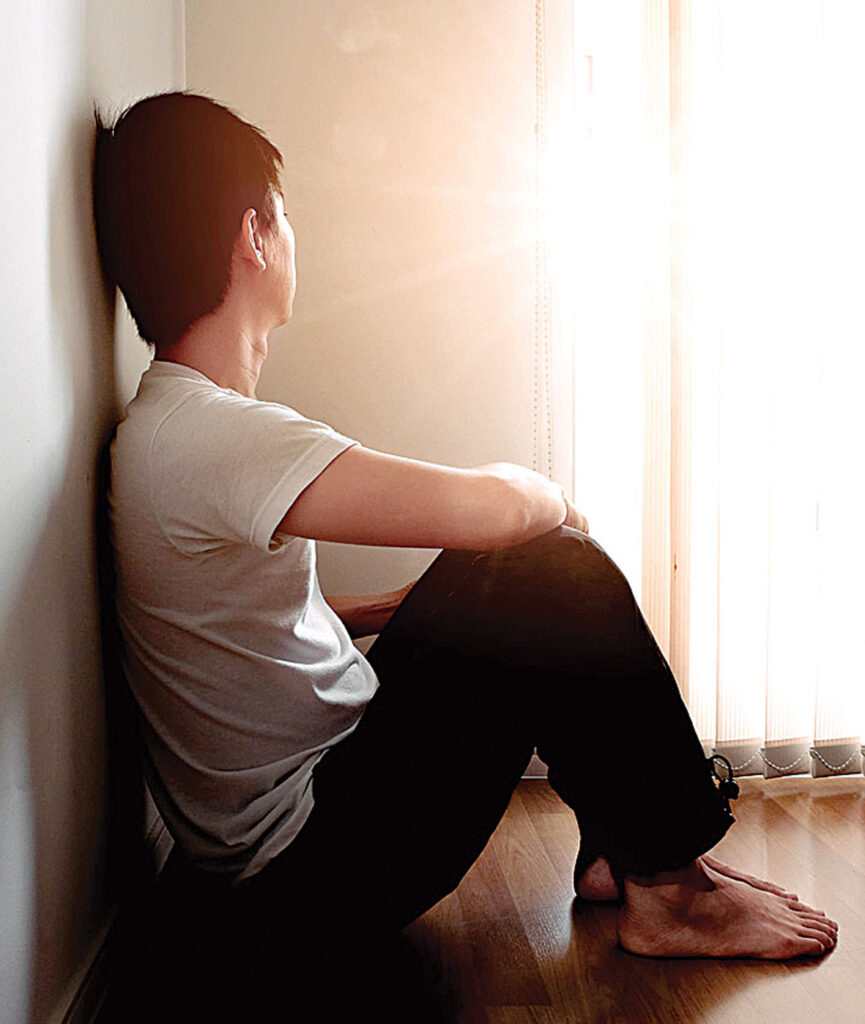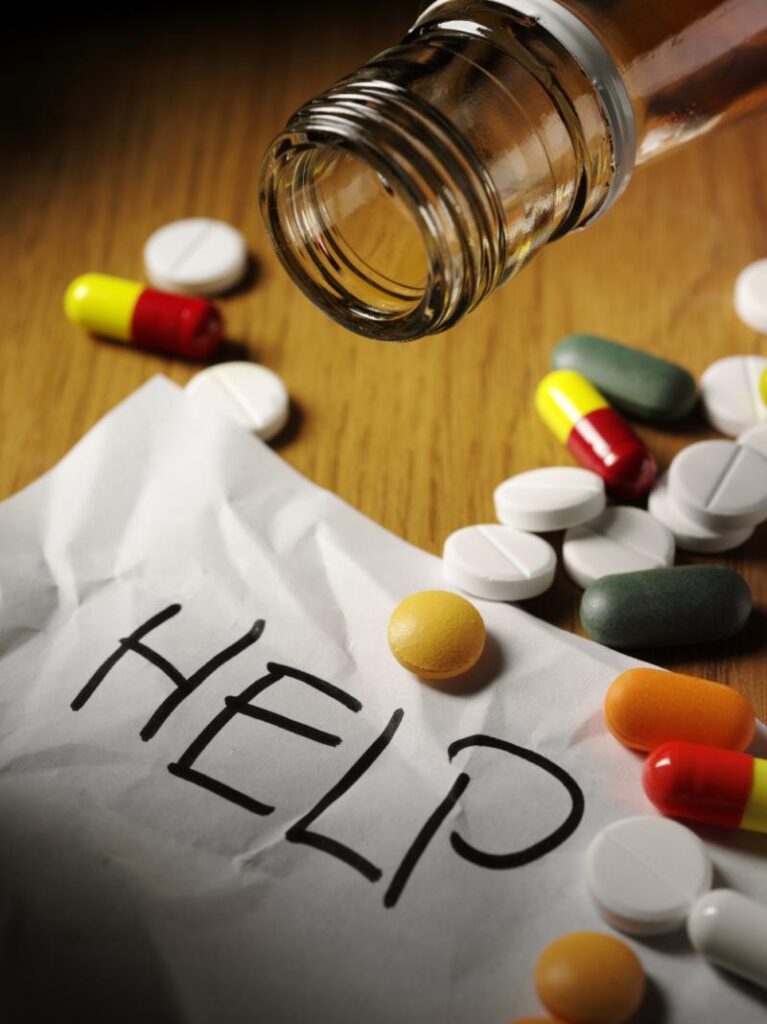Depression
The word “depressed” doesn’t work for men. It signifies weakness, defeatism, shame and makes one less of a man if he is depressed. But when men lose their ability to function normally, be it at work, at home, in the bedroom, or at play, that’s exactly what they feel like – weak and a loser.
The disease of clinical depression is much more than a case of the “blues.” It is a bona-fide disease of the brain and affects one’s ability to feel normal, to focus, to be motivated, to sleep, to eat, to have sex and to have a healthy self-esteem. The disease produces many symptoms and one does not have to have all symptoms in order to be successfully diagnosed with depression.
Clinical depression lasts for several weeks, months and even years, perhaps even decades, whereas the “blues” normally lasts for only a few days.
Not all episodes of depression are the same, even with the same person. One episode may be characterized by feeling way down emotionally with daily bouts of weeping, and another episode may be characterized by poor sleep, emotional numbness and/or an inability to complete a simple task or project.

Causes
Depression is caused by several factors, both physiological and environmental.
Physiological causes include an imbalance of neurotransmitters that affect how we feel. These include:
- Serotonin – contributes to feelings of wellbeing and happiness.
- Dopamine – what we feel when we experience pleasure.
- Norepinephrine – necessary for managing stress and anxiety.
Environmental factors include problems such as:
- Relationships
- Finances
- Employment
- Loss of a loved one
- Seasonal Affective Disorder
Behavioral factors may contribute to depression, such as:
- Alcohol and/or drug abuse
- Breaking the law
What about when someone becomes hugely successful in his career and thus has it all, so to speak – power, money, toys – yet feels hollow inside? While failure is often a factor in depression, successful people suffer from it too.

Solutions
The good news is that depression is treatable. Everyone’s brain is different and therefore one should not expect a “cure” within a specific amount of time. Your medical team knows best about what you need and how long you need it while in addiction and depression treatment.
- Pharmacological – these include antidepressants that support the proper balance of neurotransmitters within the brain.
- Nutritional – what you eat is often how you feel! Find a nutritionist who can provide a diet that supports recovery.
- Exercise –The brain requires the oxygen and blood flow that only exercise can provide. It should be a regular practice, every day, if possible, to help mitigate symptoms of depression.
- Mindfulness –Mindfulness works to help one stay present where we are okay. It’s when we dwell in the past or in the future that we experience fear and anxiety.
- Meditation –Meditation helps restore normal brain functioning, something the ancients have known for ages, but that science is just recently begun to validate through research. Seek out a meditation class, get a book, download an audio file, podcast or look up and on-line meditation practice and start meditating today! Even if it’s only for a few seconds – do it!
Arrowhead Lodge’s addiction rehab has helped many men with depression, with one form or another of a depressive disorder, recover the sense of emptiness, hopelessness, darkness and more. We combine effective pharmacological medications with evidence-based therapeutic interventions for our addiction and depression treatment program that includes:
- CBT
- Individual and group therapy
- Equine therapy
- Mindfulness
- Meditation
- Exercise and fitness
- Nutrition
- Community model
If you, or a loved one, suffer from depression, or if you think you may have clinical depression – call on. If we cannot help you at our addiction rehab, we will refer you to an organization that can.






